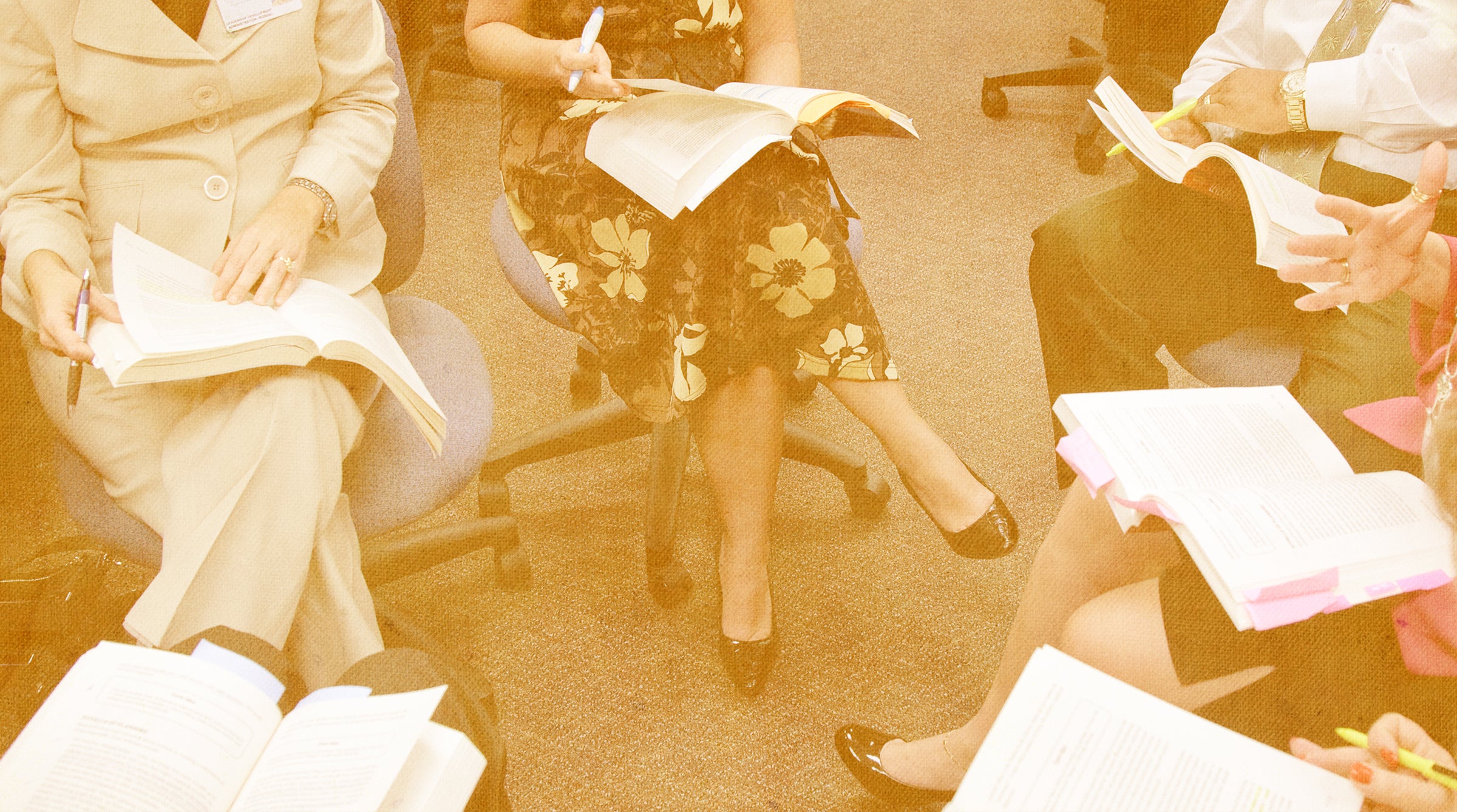“Replace isolation with collaboration.” That was the theme of a recent webinar, which featured findings from a report by Paul Manna, director of public policy and the Hyman Distinguished University Professor of Government at William & Mary.
The report draws from two Wallace-supported initiatives aimed at developing and supporting principals. The ESSA Leadership Learning Community (ELLC) brought together 11 state teams that included representatives from districts, community groups, state agencies and others to promote effective school leadership. The University Principal Preparation Initiative (UPPI) focused on improving pre-service school leadership training by assembling universities, school districts, and state agencies to redesign university-based preparation programs.
Manna shared the common lessons highlighted in his report:
- State standards are a powerful cross-cutting policy lever to help shape specific decisions about training, developing, and supporting principals.
- When states foster networks that connect districts, universities and other partners, creative problem-solving emerges and programs are likely to succeed.
- States, districts, universities, and other partners each have a role to play in supporting principals.
You can find Manna’s full presentation here and view the webinar here.
A panel followed the presentation and, while the central theme was collaboration, panelists representing districts, state, and universities did not shy away from the challenges.
For Ebony Love, director of continuous improvement at the Texas Education Agency, building trust was something that took time but was critical to true collaboration. She said her team worked on listening and demonstrating that their goal was not compliance but partnership. She noted that when organizations and partners started to see the state education agency as an advocate, their conversations moved in a more positive direction.
“Are we willing to lay down our righteousness and do what’s best for kids?” Smith-Anderson said.
Sheila Smith-Anderson, district leadership consultant at St. Louis Public Schools, similarly shared that every collaborator comes to the table with their own agenda. It’s important to remember, she said, that at the end of the day, their agendas are about helping our nation’s children.
“Are we willing to lay down our righteousness and do what’s best for kids?” Smith-Anderson said.
Moderator Carol Johnson Dean, a former school superintendent, acknowledged that doing more together takes time and effort. “It will require a different mindset about what has to happen,” she said.
“I can attest to the fact that it’s worth it,” said Richard Gonzales, an associate professor at the Neag School of Education at UConn.
Gonzales highlighted one successful approach to the collaborative efforts he led as part of UPPI: expanding the definition of expertise to be more inclusive. He pointed out that while universities are often seen as the experts, states, districts, communities, families and students all bring their own expertise to the table. All of their voices should be part of building effective preparation programs, he said.
“Start somewhere,” Manna said. “Get some wins and feel the momentum, feel the energy, build around that, and eventually you’ll start to add up these small wins.”
All panelists agreed that there is no one-size-fits all approach to supporting principals.
“Start somewhere,” Manna said. “Get some wins and feel the momentum, feel the energy, build around that, and eventually you’ll start to add up these small wins.”
Watch the full webinar here.



